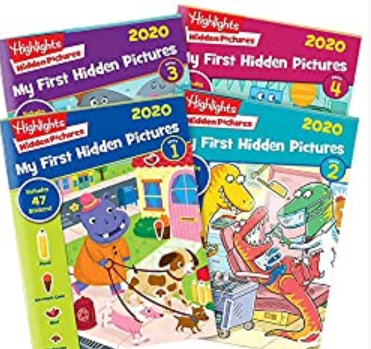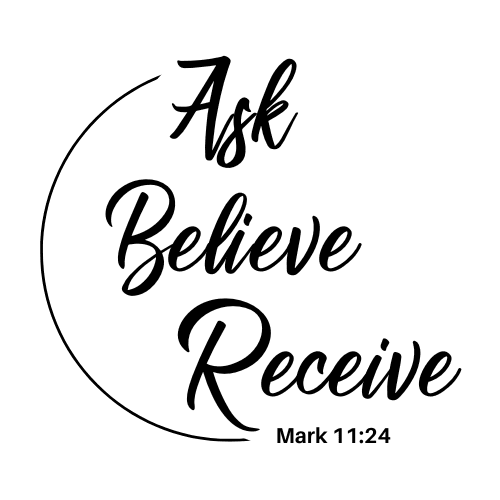Some people are born smart, others learn how to be smart. Being smart isn’t an amazing test score, that just says you can take a test. Being smart is how to navigate through this world with the intent of making it a better place. We are reminded of stories of people who become self-made millionaires with only a high school diploma. How to be smart has nothing to do with your GPA. But it does have to do with skill and navigation, not to mention aligning your passion with your work. So how do we learn this and how do we teach our young children?
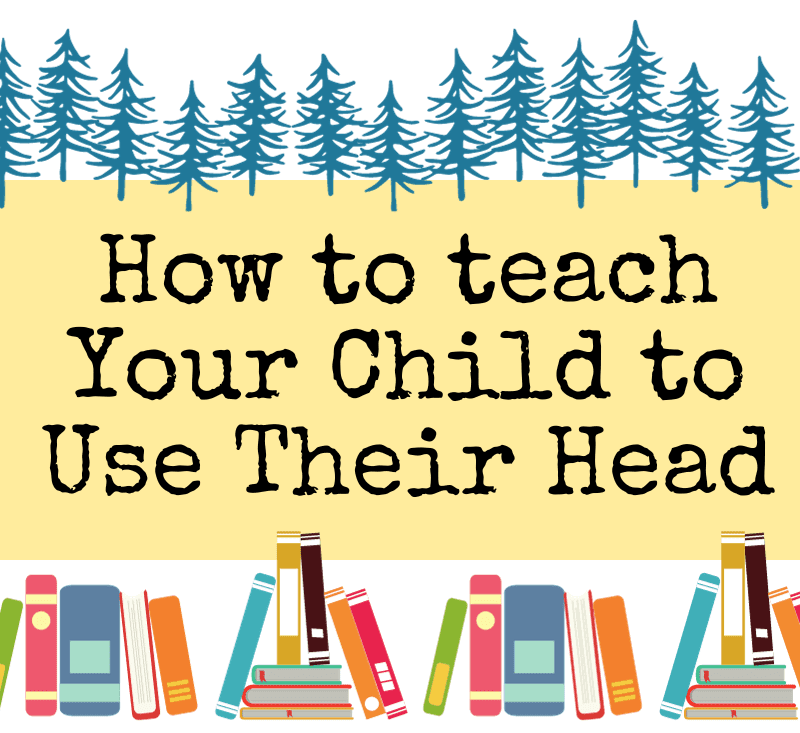
How to be smart
A skill every child and adult can develop is how to learn to be aware of their surroundings. We are naturally born with instinct; however, if you really want to succeed in life, you must learn how to pay attention. With phones, electronics, and puberty, learning how to pay attention is hard for a kid. It’s also frustrating for a parent!
This life lesson of being aware of our surroundings can enhance our ability to succeed in communication, life skills, and survival in many different situations. I’ll teach you how to help your child and yourself become more aware of using your eyes and ears and how sight and sound play an important part in how to be smart.
A fun way to get started
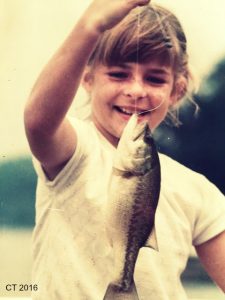
“Shh…walk softly on the dock, we don’t want to scare the fish,” my dad instructed. It was a summer morning. The lake was like glass, not a movement of the wind. Today, at seven years old, I was going to learn how to fish. And the most important fish skill of all: awareness. Some fishermen would argue with me and say patience or the type of bait is more important, but truly it comes down to paying attention. For instance; how do you know what bait to use? How do you know where to fish? Because you are aware of how the fish responds.
We got into our boat, started the motor, and trolled to our fishing spot. My dad whispered instructions on how to bait the hook. He showed me how to adjust the bobber, and he demonstrated how to be quiet watching for signs of a hungry fish.
I wasn’t just learning how to fish; I was learning how to become more aware of my surroundings.
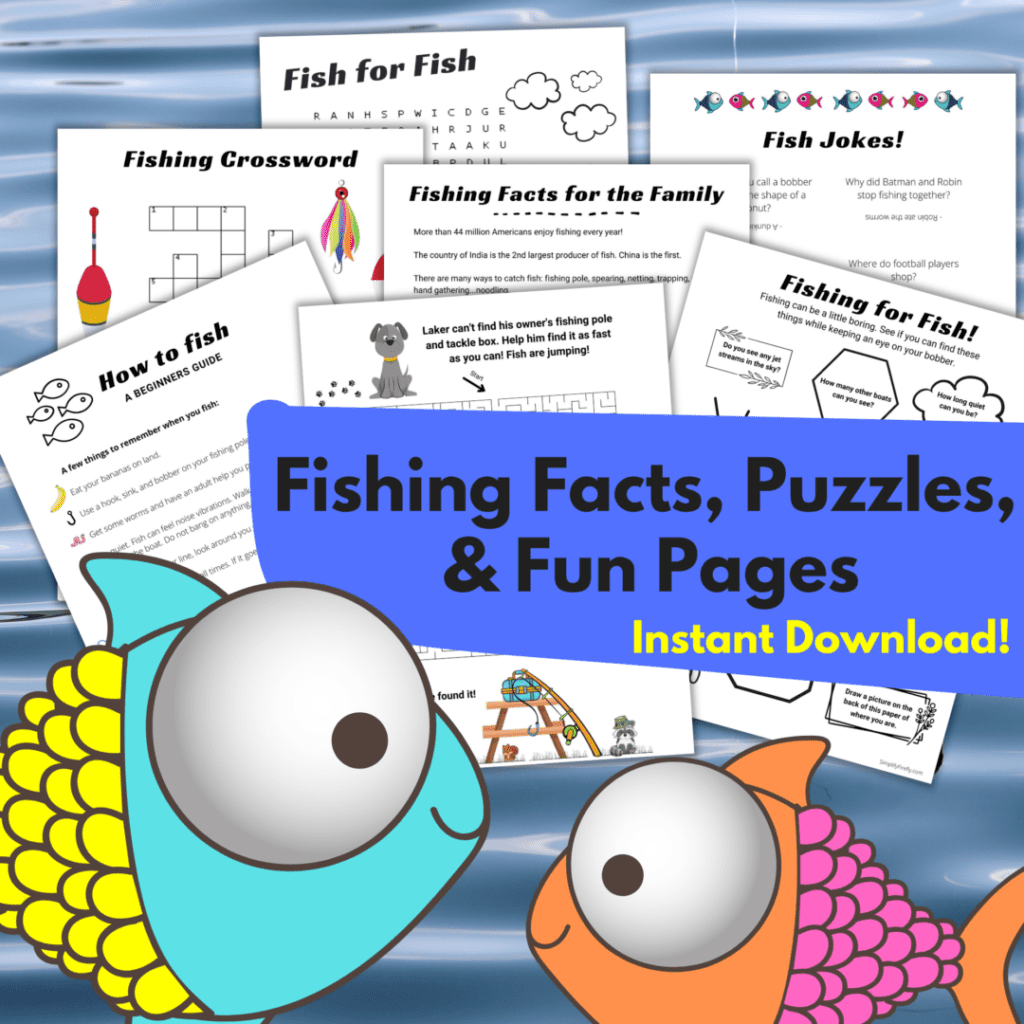
What exactly does it mean to “be aware”?
Wikipedia explains it like this: Awareness is the ability to directly know and perceive, to feel, or to be conscious of events, objects, thoughts, emotions, or sensory patterns.
As the world drives to go faster, it’s hard to take it all in, but knowing what to look for can make you a heck of a lot smarter than others around you. The trap we get ourselves into is that we get so focused on our to-do lists, phones, and work that we forget to stop and look around to see what’s happening in our relationships, our children, and our overall path in life. And we wonder why nothing is changing.
Two major events helped me understand how important it was to be aware of my surroundings. One was fishing. The other was when I endured a rare sickness.
How being sick helped me
How to be smart doesn’t always come naturally; it is a skill that can be learned. When I was pregnant with my son I had a rare pregnancy disease that robbed me of energy, joy, and time. My body suffered, so much so, that the tiniest movements made me ill. For months on end, I was nauseous, weak, and dumbfounded that this was happening to me.
Not only that but my body was snatched of nutrients and vitamins, so much so, that my body was actually eating itself. That’s when your body eats itself because you’re not getting enough nutrition from food…in which food wasn’t staying down. It was extremely difficult for others to understand what I was going through, especially if they had been pregnant before without having issues.
However, while going through this torturing sickness I noticed the love and compassion of others. Never had I paid attention to it before because I wasn’t the receiver of it. My awareness of how powerful a card was, how impactful a visit was, how humbling a listening ear was, and how a small smile from a stranger made me feel gave me joy, it gave me hope, and it taught me what matters in this world.
Not only that, but I also became more aware of the power and reality of spiritual presence. My faith grew stronger every day I suffered; I became more aware of His grace and protection. But I had to seek Him to get it. If I hadn’t endured this suffering my eyes would have missed these little gems of light in our broken world.
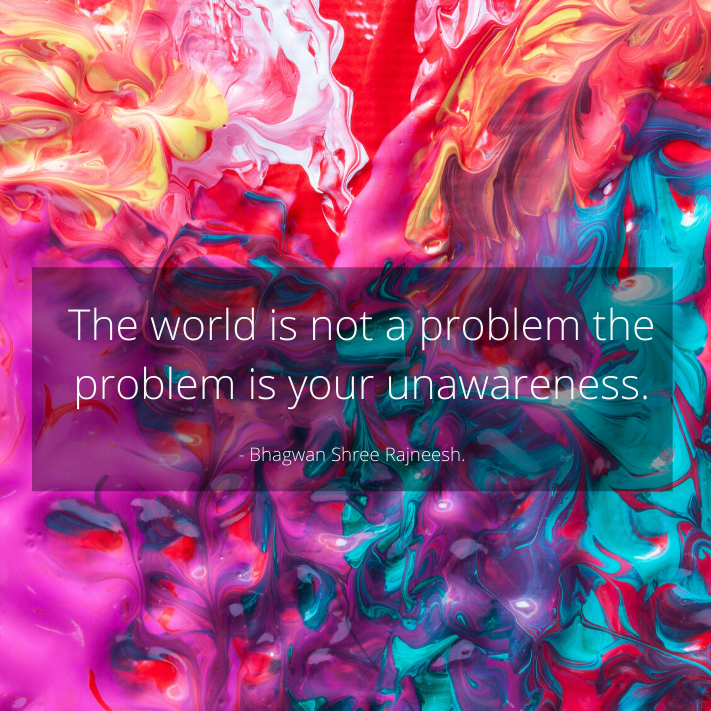
How to be smart with your eyes and ears
Open your eyes
You probably were thinking you’d get a list of sudoku puzzles or crossword puzzles to make you smarter, yes those games will exercise your brain, but they don’t teach you how to love or sense that others around you are dying for a “hello”. With that said, open your eyes and learn how to look for things. This can help your kids and your teens for that matter.
The simple exercise helps us to pay attention to even the smallest details. Do you know those “Hidden Picture” games in kid magazines? Or the Where’s Waldo books? These games are great exercises for enhancing our skills of paying attention. I would qualify myself as a Master Finder, not only in these games but in finding things around the house and in the store. Having the challenge to find something gets me going. This may sound silly and childish, but these games work to help you become more aware.
Lately, my tween son is in that phase of asking me where everything is. My answer varies from, “It’s your responsibility to keep track of your own stuff” to “If you can’t find it, you can’t have it.” When in fact the item he is looking for is literally right in front of his face. I’m not trying to be mean by not helping him find it, I’m trying to teach him the skill of looking.

How to be smart at finding things
Tip #1: when finding certain objects whether it be inside or outside, look for a piece of the object, not just the whole thing. Rarely is the entire object going to be visible. Look for a part of it. This technique works for fishing and hunting too.
Tip #2: envision yourself finding it. What reaction will you have? Will you pause and whisper to yourself that you found it or will you yell in excitement? Visualize yourself finding the object.
Tip #3: Lastly, but firstly, pray to God to help you find whatever it is that you’re looking for. He knows exactly where it is, so why not ask him to help you find it? Most importantly, listen for his hints of where to look.
Seriously these tips work. It not only applies to finding objects, but it helps you to know how to look for things or pick up on cues from others. It’s all in the details.

Use your ears
Like using your eyes, use your ears too. Ears come in handy when it’s dark or when you’re lost in the woods. I know this is obvious and basic, but life is fast and there are some things we just plain forget to tell our children. Have you heard the lesson about listening for the road when you’re lost in the woods? How about listening for a car coming when you’re riding your bike on the road?
When talking with others, listening is key to becoming smarter. If you shut your mouth and let the other person talk, you’re already smart. People who talk a lot generally have lower self-esteem. Just know that gives you an understanding and a direction in how to navigate the conversation. While you’re listening to others talk, ask them questions, and be curious, they need something, and having you listen to them is just what they might need. This, folks, is smart. Help your friend get out what they need to and help them come to their conclusion in solving their problem.
“Listen with curiosity. Speak with honesty. Act with integrity. The greatest problem with communication is we don’t listen to understand. We listen to reply. When we listen with curiosity, we don’t listen with the intent to reply. We listen for what’s behind the words.”
― Roy T. Bennett
Tips with listening
Tip #1: If you’re in a strange place, unplug the earbuds. Pay attention to the sounds around you.
Tip #2: If you’re having a conversation with someone, listen to what they’re trying to tell you. There is more behind the words they say. Like when I was enduring the sickness. People understood that what I was really telling them was that I felt alone and needed comfort. Be aware of what they’re really trying to say, then act on it.
Tip #3: As in fishing or hunting, use your ears for clues of where they are. Is there a splash in the water? Are there leaves rustling or twigs snapping?
Wrapping this all up
Be aware of the peace that is offered daily by nature, the kindness that is freely given by others, and the small blessings that are awarded without reason. This, my friends, is how to be smart. I encourage you to stop and look around; for I know you’ll be amazed by what you see and find and to build this skill as much as possible, for it will help you in more ways than one.
Before you go, check out these other great posts:
- 11 Powerful Quotes on Success. Don’t miss these!
- 4 Amazing Tree Planting Tips + Earth Day Activities
- 10 Amazing Quotes About Courage + 3 Tips
- 6 Simple Ways to Save Money on Valentine’s Day
- First Incredible Step to Losing Weight. Don’t miss this!

By CT Copyright © 2016 More Than Existence All Rights Reserved.
